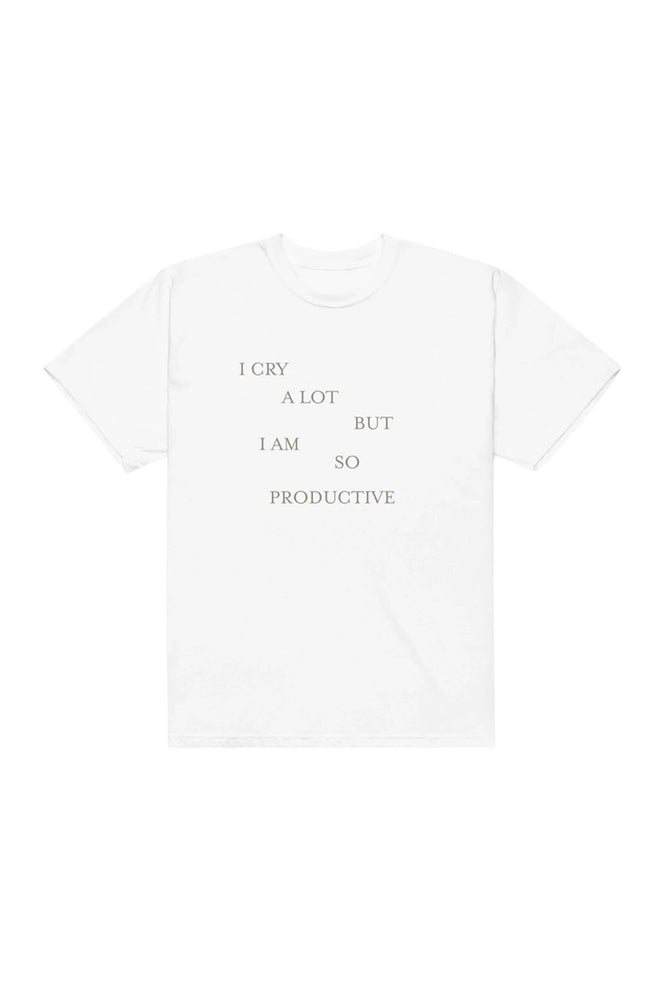Picture this scenario: With the assistance of a lopsided Senate, an ideologically captured Supreme Court issues a broad, sweeping decision on a case with narrow grounds in an effort to unmake decades of precedent and abruptly curtail the growing momentum of a social justice movement. The resulting backlash doesn’t just change the trajectory of the midterms, but further ignites the frustrations of the suppressed majority and sets the two opposing sides on a course of escalating confrontations. Seemingly, the entire political life of the country hinges on the next presidential election.
Stop me if this is sounding familiar.
The squabbling, the corruption, and the dysfunction all describe the current political moment in the United States. And as a history nerd, that is what scares me. Because I wasn’t describing the machinations of the Trump Supreme Court or the Dobbs decision. I was laying out how Dred Scott brought us to the brink of Civil War.
That’s not to say that we’re facing the imminent threat of shooting cannons at each other in random fields or anything. Chattel slavery isn’t the ongoing crime against humanity powering the core of our economy. Our crisis of politics is far less sectional, especially now that the U.S. spans the continent. Our elected officials haven’t started brawling or sending each other explicit death threats, and the country is far more integrated and interdependent than a time when people were more loyal to their state than the nation. A big reason why is the fallout and Reconstruction from the first Civil War, and the advocacy and reforms of the Civil Rights Movement a century later.
Rather than provide comfort, those differences just make the places where we do converge across time more stark, especially given many of the similarities are political maneuvers. It’s hard not to think of besieged writers and broken printing presses when there’s another effort to ban books. It’s distressing to read the “originalist” reasoning in Dred Scott and see it reflected in modern decisions. And it’s outright alarming to hear rhetoric that in substance, if not style, could have been said by a southern secessionist 165 years ago.
These are not signs of a healthy democracy or a nation in peaceful consensus. And it never escapes me, as a student of Black history, that the vast majority of people like me are on one side of the conflict and most of the historical heirs of our enslavers are on the other.
As a self-proclaimed nerd around the Civil War, the last few years have given me an unsettling sense of déjà vu. So often we’re taught the war with the benefit of hindsight and with a focus on battles, generals, and Lincoln more than the structural disintegration that necessarily accompanies citizens of a country starting to shoot each other. At minimum, we’re told (correctly) that it was about slavery, that it had been brewing for a long time, and that Lincoln’s election was the last straw for the South. Maybe if you’ve got great teachers, you’ll get an overview of Bleeding Kansas, the caning of Charles Sumner, and some of the most infamous quotes from the articles of secession. But how the war happened is left in broad strokes.
Which makes me, a person versed in some of the messy details, feeling pretty nervous. Something about that “doomed to repeat” history quote gets disquieting when you realize how few people know the full picture.
On the other hand, running around talking about parallels between the present day and the deadliest conflict in U.S. history doesn’t win you a lot of fans. Most people would prefer not to think about it, and thus are very clearly saying that they’d prefer not to know. Telling people is repellent, but leaving all of us ignorant makes it inevitable. Which leaves everyone in a bind. How do you avert a calamity that no one wants to acknowledge is even possible?
I still haven’t figured out how to square that circle (another commonality with my political predecessors). Because as obvious as it seems in retrospect, nobody thought — even with the massacres in Kansas, even with the threats from extremists, even with the blatant incompatibility of 19 million free northerners ruled by the whim of 8 million white Southerners — that there would be a war. It was absurd to caution against conflict. It was madness to predict brutality. Even once the shooting started, people imagined it would end quickly and life would get back to normal.
Well, y’all know what happened instead.
And yet I have to hope that, despite our reluctance to look closely, the lessons of our Civil War have seeped in anyway. Maybe our more diverse, more empowered nation finds a way to reform the system before it breaks down completely. Maybe we use the presidential election cycle to end the dissolution rather than kick it into another gear. Maybe it becomes unavoidably and undeniably clear that we are in a battle for multiracial democracy, and the majorities and officials that represent us embrace that truth rather than waiting until it’s imperiled to fight for it.
So I guess I don’t wish that I knew less about the Civil War. I just wish everyone else knew more.










































